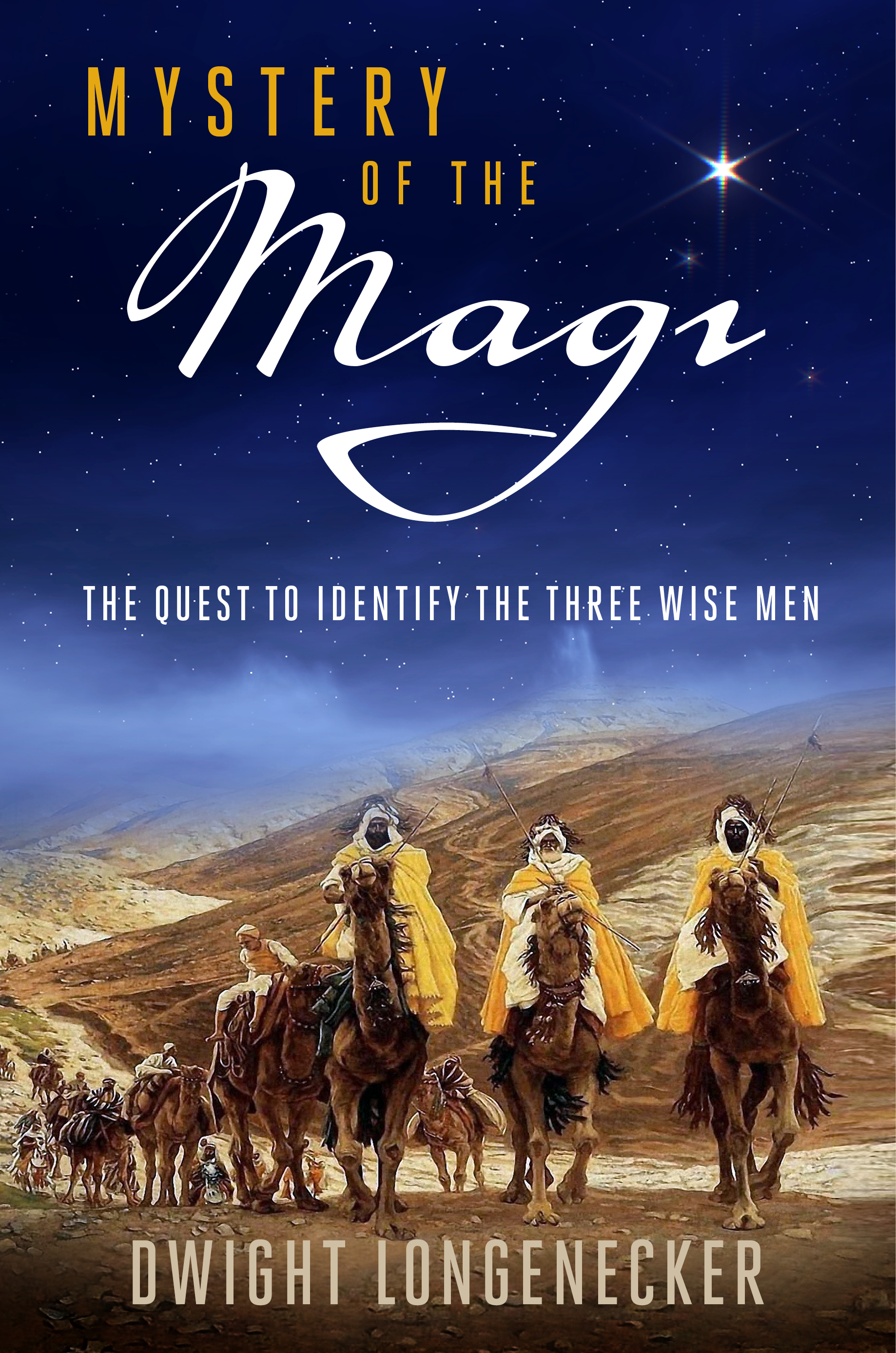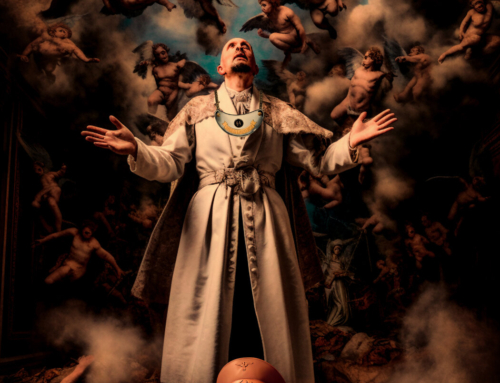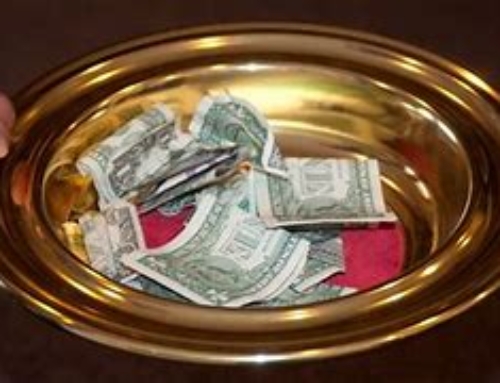Those who are familiar with Biblical scholarship are aware that the majority belief about the St Matthew’s story of the Magi visiting Bethlehem is that it is a fanciful legend to show that Jesus was a very special guy and that it was cleverly concocted to show how Jesus fulfilled Old Testament prophecies. Check out this article which puts paid to this modernist myth.
If they DO admit that maybe, just maybe Matthew’s story is based in historical personages who visited Bethlehem to pay homage to the Christ child they simply say something like, “It is possible that these wise men were sages from Persia” and then they move on. However, nothing in Matthew’s account indicates Persia except the phrase “wise men from the East”. The Biblical scholars ignore (or are ignorant about) the fact that in the Old Testament the people of Persia (Babylon) are referred to as “from the North” since you had to first go North then East to get there. The people from “the East” were typically the tribes that inhabited Western Arabia–present day Jordan and Saudi Arabia.
My book The Mystery of the Magi – The Quest to Identify the Three Wise Men makes the case that the Magi did not go on a long desert journey on camels (none of that is in Matthew’s gospel) but that they were from the Nabatean kingdom with its capital at Petra in Western Arabia (present day Jordan) and that they took a comparatively short journey on well known trade routes probably on sleek and fleet Arabian horses.
So for a quick summary here are ten reasons why the Magi came from Arabia not Persia. (notes and references can be found in my book)
- They brought gold: The finest gold in the ancient world was mined in Western Arabia–the legendary King Solomon’s Mines. The Nabateans were famous for it.
- They brought frankincense: Frankincense comes from the sap of bushes that only grow in Eastern Arabia–it was a cash crop of the fabulously wealthy Nabateans
- They brought myrrh: Myrrh was also taken from sap of trees that only grew in the Nabatean territories–along with gold and frankincense it was a commodity that identified their country and their origin
- The Nabatean religion was astral: They studied the stars, were expert astronomers and astrologers
- The Magi–while originally from Persia–by the time of Christ’s birth had dispersed across the ancient world–especially in Western Arabia
- Matthew uses the word “Magi” as a general term for “wise royal counsellors–not specifically for Persian sages.
- Isaiah and the Psalms prophesy visitors from “Sabah, Saba, Midian and Ephah.–These are all in the territory that, at the time of Christ’s birth was under the Nabatean Kingdom
- The Nabateans had close links with the House of Herod. Herod’s mother was a Nabatean princess. He was brought up in the Nabatean kingdom and one of his sons married into the Nabatean royal family
- The Nabatean religion was a blend of Babylonian star worship, Abrahamic tribal religion and Judaism brought by exiles from the destruction of Jerusalem in 586 BC. The Nabatean magi therefore would have been familiar with Jewish prophecies of a coming Messiah/King of the Jews
- While the Nabateans were linked with the House of Herod, the relationship was always uneasy–explaining why Herod distrusted them and was suspicious of their mission.
There is more, much more to learn about the Nabatean Magi–Is there in my book. Get a copy here.







Leave A Comment
You must be logged in to post a comment.